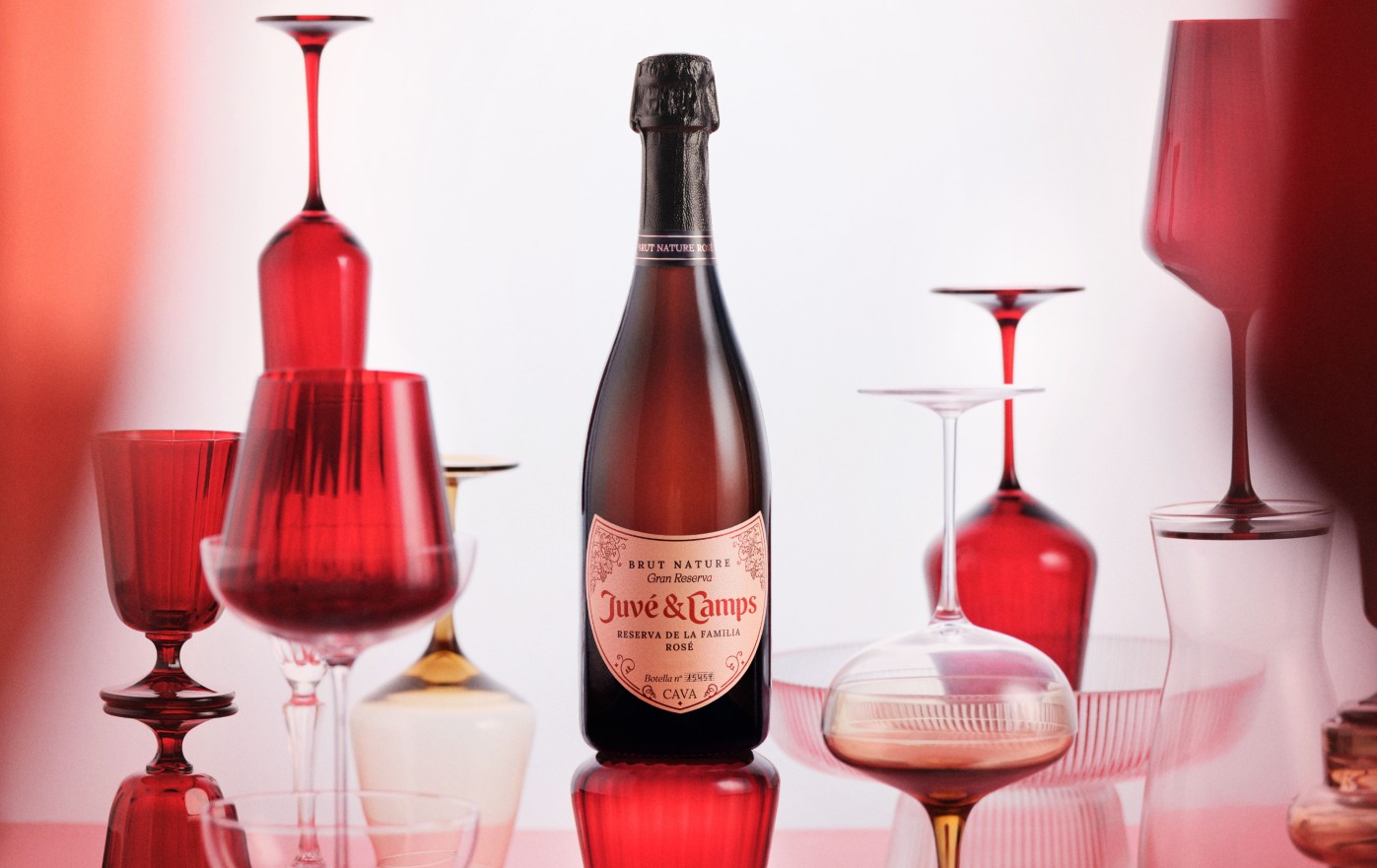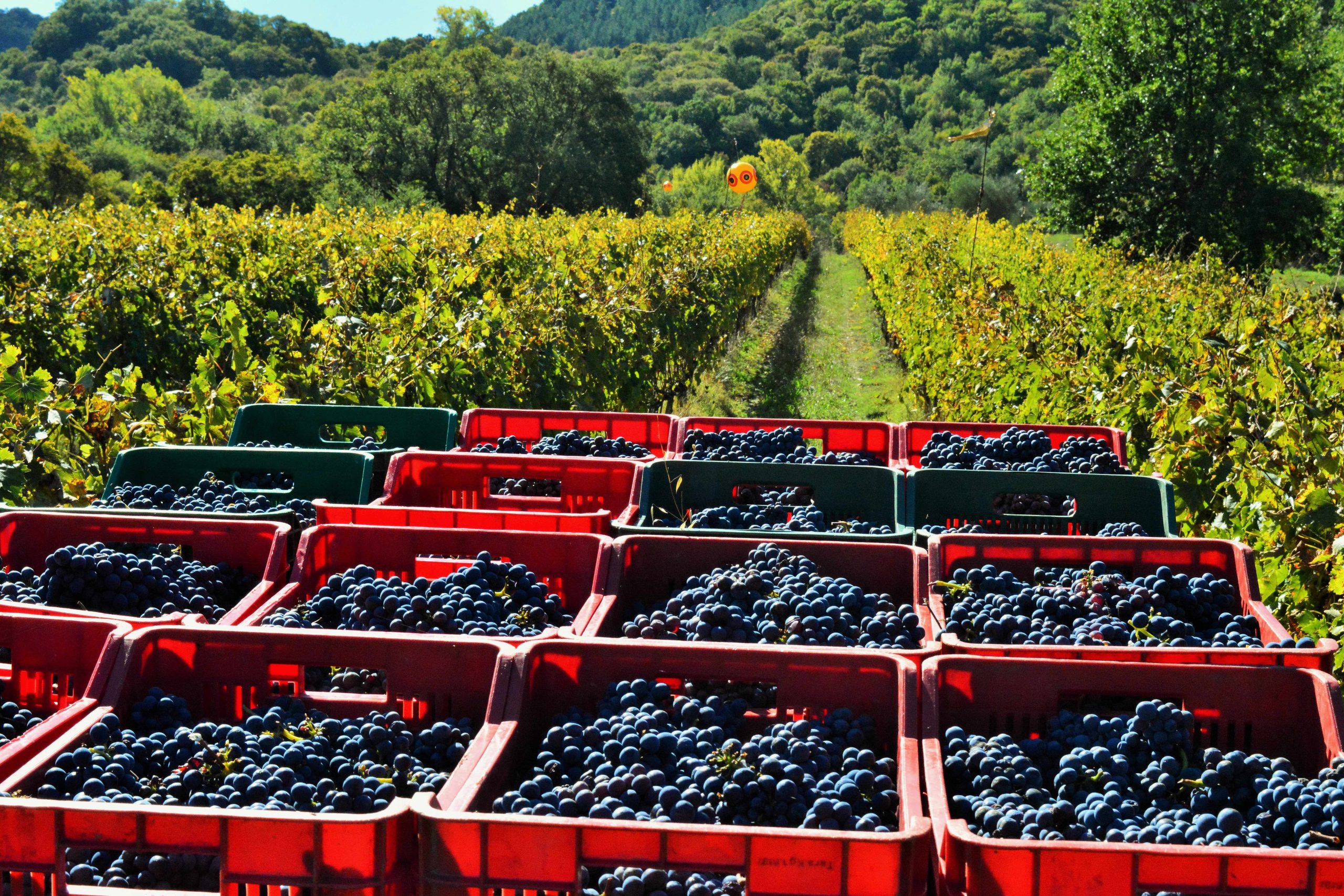Is there a link between brain size and liking tonic water?
A new study by the University of Queensland has uncovered a link between taste perception and brain size, revealing that bitterness is perceived as less intense by those with larger brains.
In a new study entitled ‘Associations between brain structure and perceived intensity of sweet and bitter tastes’ published in Behavioural Brain Research journal, scientists examined the relationship between brain size and the perception of sweetness and bitterness.
According to the University of Queensland’s Diamantina Institute Postdoctoral Research fellow, Dr Daniel Hwang, this is the first time that they have been linked.
The study examined “the volumes of 82 regions of interest and the perceived intensities” of sweet and bitter flavours “in a large Australian healthy cohort” and the “perceived intensity of quinine in a large US healthy cohort”.
Over 1,600 people from Australia and America participated in the study and were instructed to taste five bitter and four sweet solutions and to rate their perceived intensities using a “general labelled magnitude scale”. Quinine, a key ingredient in tonic water, was used to assess their response to a bitter taste.
Each participant’s brain was then measured using an MRI scan.
The article concluded: “This study provides the first evidence that, even in healthy people, variation in brain structure is associated with taste intensity ratings, and provides new insights into the brain gustatory circuit.
“In this exploratory study…we showed that brain morphometry tended to relate with perceived intensity of sweet and bitter tastes. The strongest and most robust association was between the left entorhinal cortex volume and quinine intensity. Individuals having larger entorhinal volumes [rated] the quinine solutions as less intense.
The entorhinal cortex is located in the medial temporal lobe of the brain and is associated with memory formation, navigation, the perception of time, and odour and visual perception.
Partner Content
Dr Hwang said that his team’s findings proved that brain size not only influences a person’s IQ, but also the way they perceive certain flavours.
“Everyone wants to know why we like certain foods and why individuals have preferences for bitter or sweet tastes,” he said.
“It was unclear if brain size affected anything other than a person’s IQ, but now we can show it relates to how we perceive food and drink.
“Whether you enjoy tonic water or not, people with bigger brains typically find it less bitter.
“We found that the left side of the entorhinal cortex, an area of the brain responsible for memory, odour and visual perception, was larger in people who found quinine to be less bitter.
“Our study is a step towards understanding exactly how the brain perceives taste.”
Dr Hwang added that the findings could now be used to alter treatment for eating disorders.
“The findings have implications for improving dietary behaviour and treating eating disorders. By targeting specific areas in the gustatory cortex, we could treat eating disorders using methods such as transcranial magnetic stimulation, a non-invasive treatment currently used to treat mental illness,” he said.




